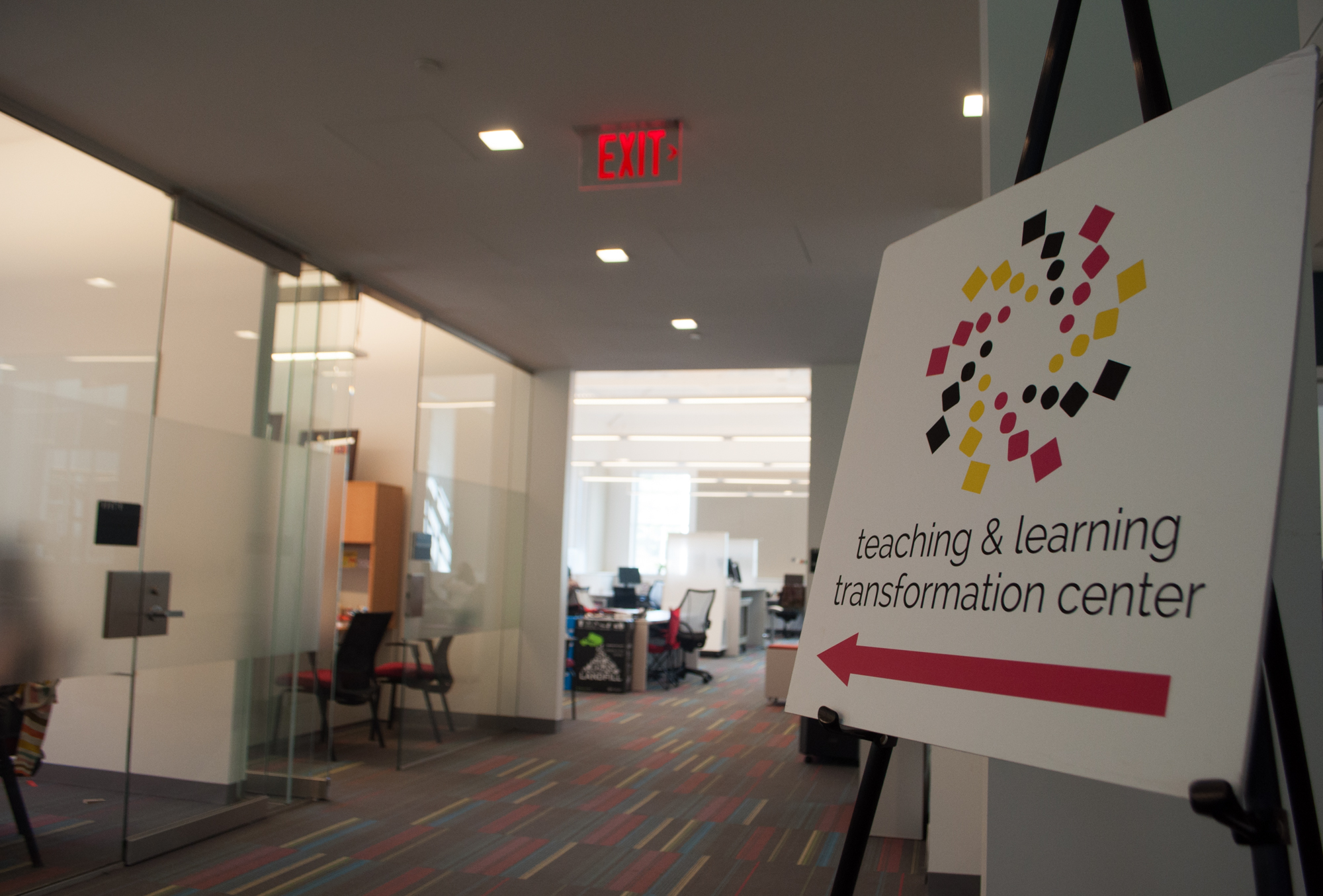After a year rife with racial tension, some University of Maryland students said there should be required cultural competency training for faculty and staff members.
This university does not require staff or faculty to undergo cultural competency or diversity and inclusion training. But all students, faculty and staff are required to complete an online training about sexual misconduct and discrimination, university spokeswoman Jessica Jennings said.
Faculty and staff who don’t complete the training will have it noted in their performance reviews and graduate students may have their registrations blocked, according to the Office of Civil Rights and Sexual Misconduct website.
Gabrielle Dominique, a junior communication major, said racism on the campus has escalated following recent events, such as the fatal stabbing of 2nd Lt. Richard Collins, violent protests in Charlottesville, Virginia, and an email exchange from a former visiting professor at this university discussing Latino students’ qualifications.
[Read more: Loh announces diversity task force chairs, new initiatives to “stand for our values”]
Collins, a black Bowie State University student days away from graduation, was killed in May. Sean Urbanski, a white former student at this university, was indicted on one count of murder and whether the killing was a hate crime is still under investigation.
Dominique and others have said these events stress the need for diversity and inclusion training for professors.
“If you can’t feel comfortable in a place, if you don’t feel safe in a place, it affects how you act, it affects you study, it affects how you view yourself as worthy or capable of being to able to excel in school,” Dominique said.
The President and University Senate’s Joint Task Force on Inclusion and Respect will likely take up any additional required training that addresses diversity and inclusion issues, Jennings wrote in an email. The task force was created after Collins’ death to help foster a “climate that is more respectful and inclusive” and “stands against hate,” according to its website.
However, implementing a university-wide training requirement can be challenging, partially because the university is so large, said Chief Diversity Officer Roger Worthington.
“There are thousands of faculty members on this campus who are interacting with undergraduate and graduate students alike,” Worthington said. “The capacity then to provide a mandatory training to that large number of faculty is challenging and would be quite costly.”
Required training can also lead to resentment or negative experiences for some faculty, said Cynthia Stevens, the undergraduate studies associate dean.
“When you take away someone’s behavioral freedom, when I tell you suddenly you can’t do this, you kind of create a desire to want to do it,” Stevens said. “You sort of create this automatic motivation [of], ‘Well, you can’t tell me what to do.'”
Instead, the focus should not be on making diversity trainings or workshops a requirement, but making these events something faculty want to attend, Stevens said.
“Provide the training and if people opt into it, then there is going to be more of [an] internal commitment,” Stevens said. “They’re intrinsically motivated to care about it, so that’s the underlying reason for not making it mandatory.”
Neel Sanghvi, a freshman bioengineering major, said the training should still be required.
[Read more: Charlottesville violence spurs UMD students groups to push for diversity initiatives]
“It might foster resentment because you’re forcing people to come together, but I feel like they’ve also all been through it before,” Sangvhi said. “We’ve all had jobs where we’re required to do this or required to do that.”
However, Sanghvi noted the training may not be feasible because of the cost.
Melanie Bigelow, a senior communication major, said despite the cost, the training should be required because of this university’s large minority population.
As of fall 2016, 43.4 percent of undergraduate students were racial minorities.
“It is a necessity,” Bigelow said. “You can’t just live in a bubble and think that you don’t have to expand your knowledge of other cultures.”
Some university offices and departments offer voluntary diversity and inclusion trainings or workshops.
For example, this university’s Teaching and Learning Transformation Center provides several diversity and inclusion workshops for faculty, students and staff, Worthington said.
The center works closely with the Office of Diversity and Inclusion and the Office of Undergraduate Studies to put together events and programs about “teaching innovations,” some of which focus on diversity and inclusion, said Scott Roberts, director of instructional excellence and innovation at the Teaching and Learning Transformation Center.
The programs are free, including workshops in the diversity and inclusion series, said Roberts, a senior lecturer in the psychology department.
“Following a series of events that have taken place over the last year, there was a lot of concern, a lot of tension and angst from instructors, as well as the whole campus, about how to handle these kinds of topics and issues,” Roberts said.
Over the summer, the center led one session that included a discussion specifically about how faculty might address sensitive topics, such as Collins’ murder, in a classroom, Roberts added.
Stevens helped organized this series of discussions with the Office of Diversity and Inclusion last summer.
More than 100 faculty and staff attended the first discussion on June 21, when attendees read #FearTheTurtle tweets, a hashtag on Twitter used by students in the days following Collins’ death that called out instances of hate on the campus, Stevens said.
“My hope is that over time, as we start to have more discussions about this, talk about these issues more broadly and make it relevant to faculty and different colleges on campus … more and more people will show up,” Stevens said.
Senior staff writer Natalie Schwartz contributed to this article.



